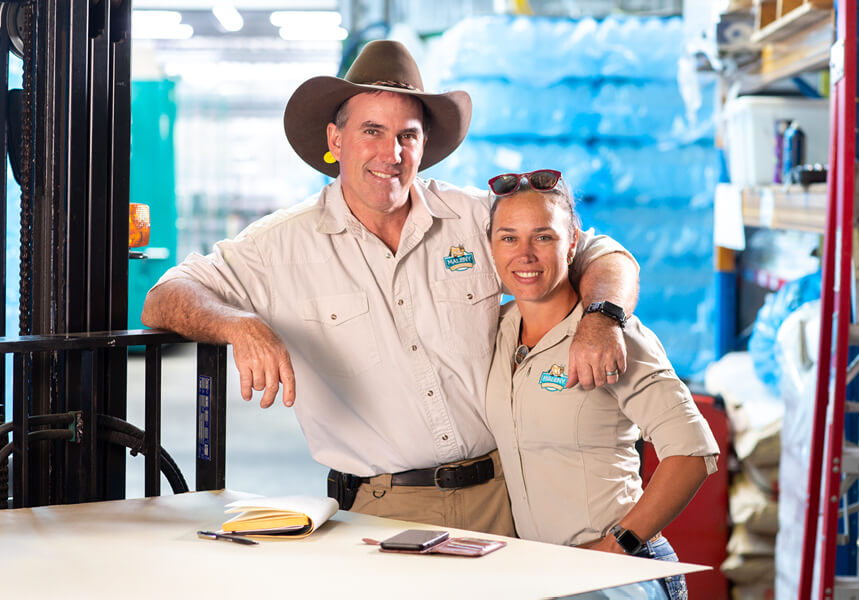How to set effective business goals for your small business
Whether you are a start-up business or a flourishing SME business, it’s important to remember that every successful business makes a point of setting business goals.
Read now
5th July 2021
According to business accounting software platform, Xero, poor financial management is the downfall of many small businesses in Australia. In fact, a recent report by Xero1 highlighted that 65 per cent of failed businesses closed because of financial mismanagement. So, if you want to run a financially successful small business, having a handle on your business finances must be a priority.
With cash flow problems and mismanaged finance and accounting processes being one of the main reasons small businesses fail, SME business owners need to ensure that they have a sound money management strategy and the right measures in place to support their business structure, business goals and banking needs.
Whether your business is a start-up or at a mature stage of business growth, cash flow is the life blood of any successful business and is essential to any business growth goals. Unfortunately, a recent survey by Xero highlighted that 29 per cent of Australian businesses cite cash flow management as one of their biggest challenges.
A healthy business makes a profit, doesn’t overspend on unnecessary items or extra staff members they don’t need, and pays all bills and expenses on time. It’s vital that you know what your cash flow position is and regularly forecast for potential changes to your business plan or market conditions. As soon as you lose track of your finances, you put your business at risk of failure. The good news is that there are simple, practical steps you can take to control spending and grow your business without taking big financial risks.
In order to implement best practice business finance and accounting measures, you first need to put a money management strategy in place. Start small and make it part of your routine business operations before adding extra facets to your business accounting processes. Here are a few tips to help get your finances in order:
The best way to keep on top of spending is to find out how much you earn per month and create a budget based on your revenue. You should be able to allocate for spending 100 per cent of your annual revenue on different aspects of your business. For example, you might spend 50 per cent on expenses like inventory and payroll, 20 per cent on new business equipment or staff, and the remaining 30 per cent on developing your business plan for future growth (such as implementing new marketing campaigns, launching new products, setting up a new online business or a business franchise, for example).
The first step is to find out how you are currently spending your revenue. If you only spend 30 per cent on expenses, you have more room to invest in your business growth right now. Consult a small business finance expert or your accountant for help in developing a strategy for how to spend your revenue.
Xero research found that 20 per cent of ASX 200 companies pay their taxable invoices late but what many small businesses don’t realise is that not paying your bills on time can cost you money. Many organisations you may be dealing with charge interest on bills that are not paid on time. Accruing interest for late payment makes the cost of running your business more expensive – but it’s avoidable. Get into the habit of organising your bills and paying them before they’re due to avoid overspending on interest. And remember, that you are basically throwing money that could be spent on growing your business away if you don’t keep on top of invoice due dates.
Money earned from your business can be seen as both personal income and a business expense. However, as a business owner if you don’t pay yourself a salary but take money from the business profits when you need it, you’re mixing your business and personal finances, making it more difficult to manage your business expenses. Your salary doesn’t have to be huge or the minimum amount possible but paying yourself is one of the best ways to make sure you separate business and personal expenses. For many small businesses, this is the first easy step towards implementing good money management practices.
Contact us to find out more about how BOQ Business can support your small business
1https://www.xero.com/au/resources/small-business-guides/business-management/small-business-cashflow-without-spreadsheets/
